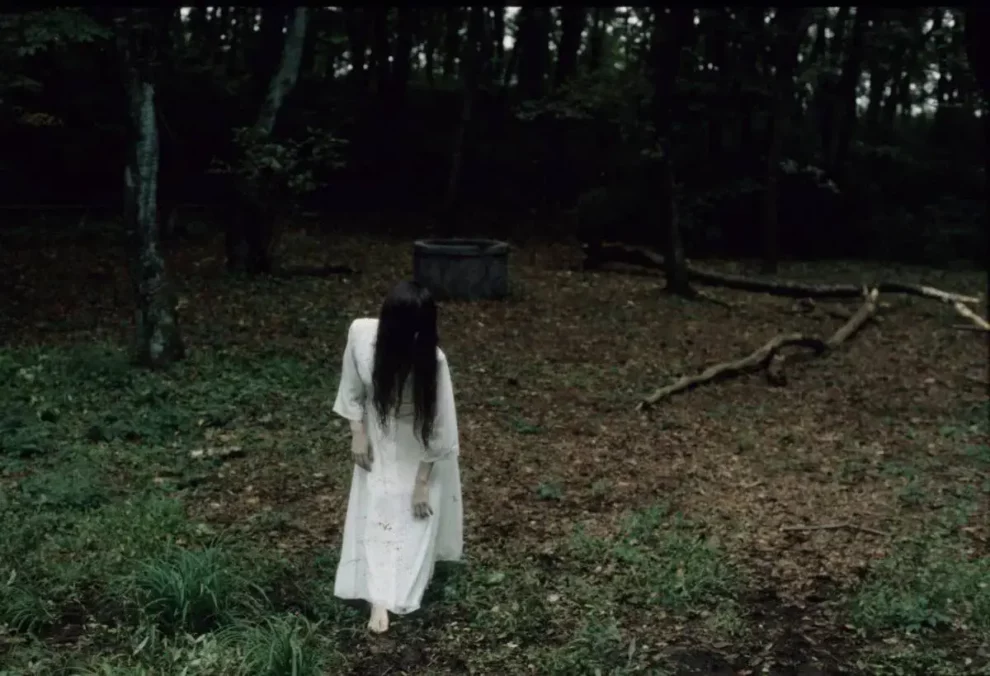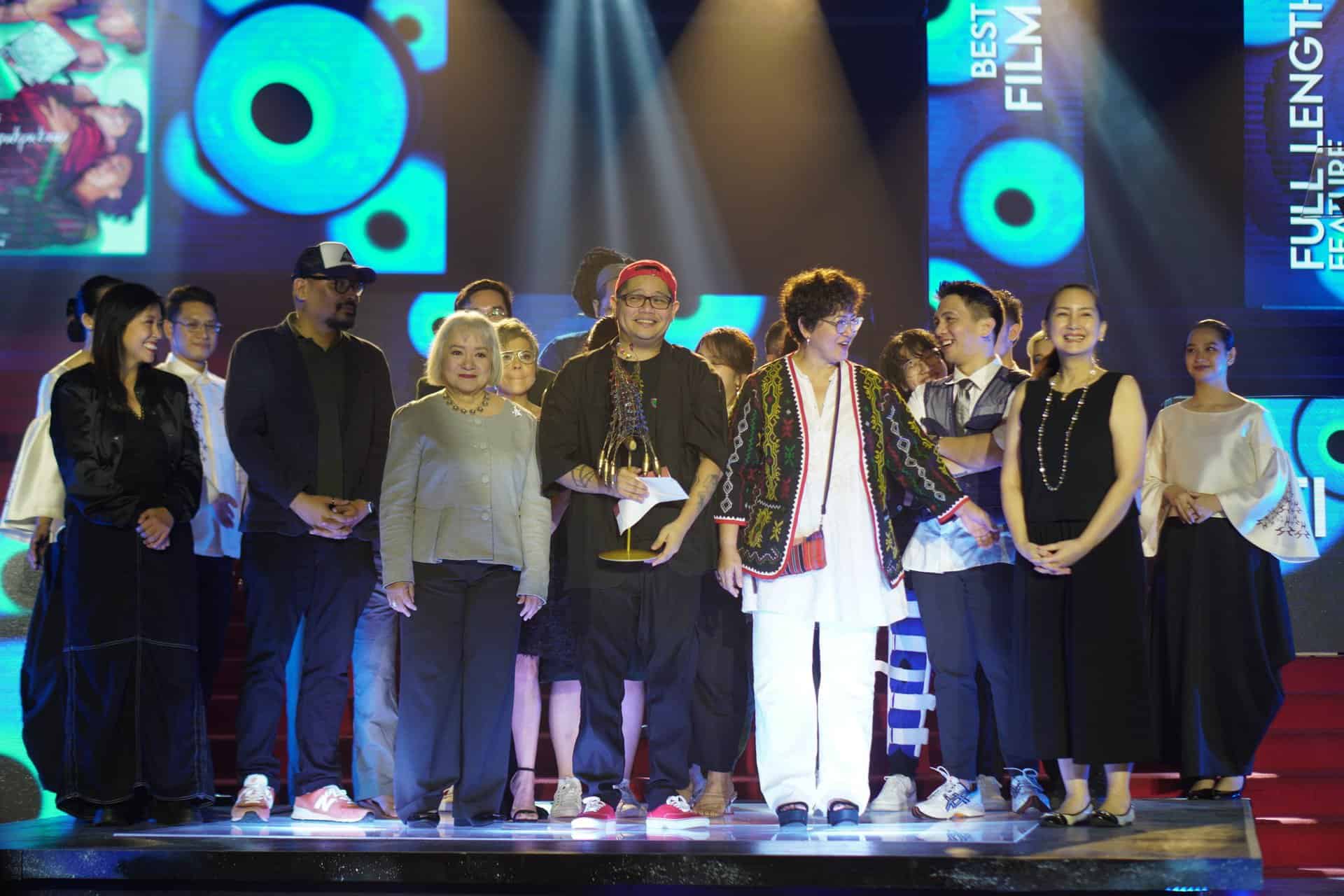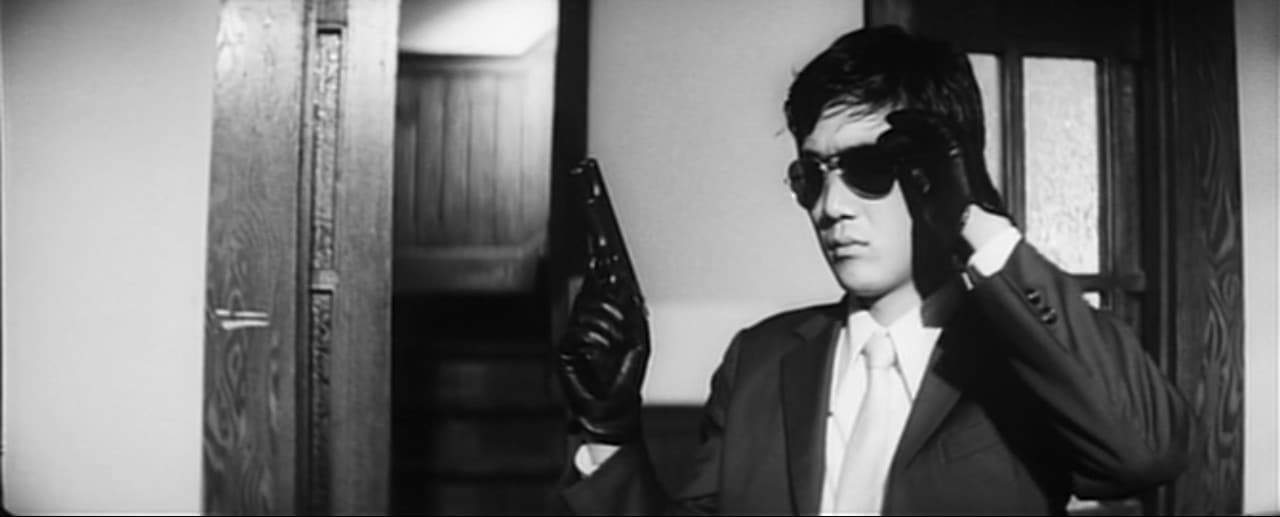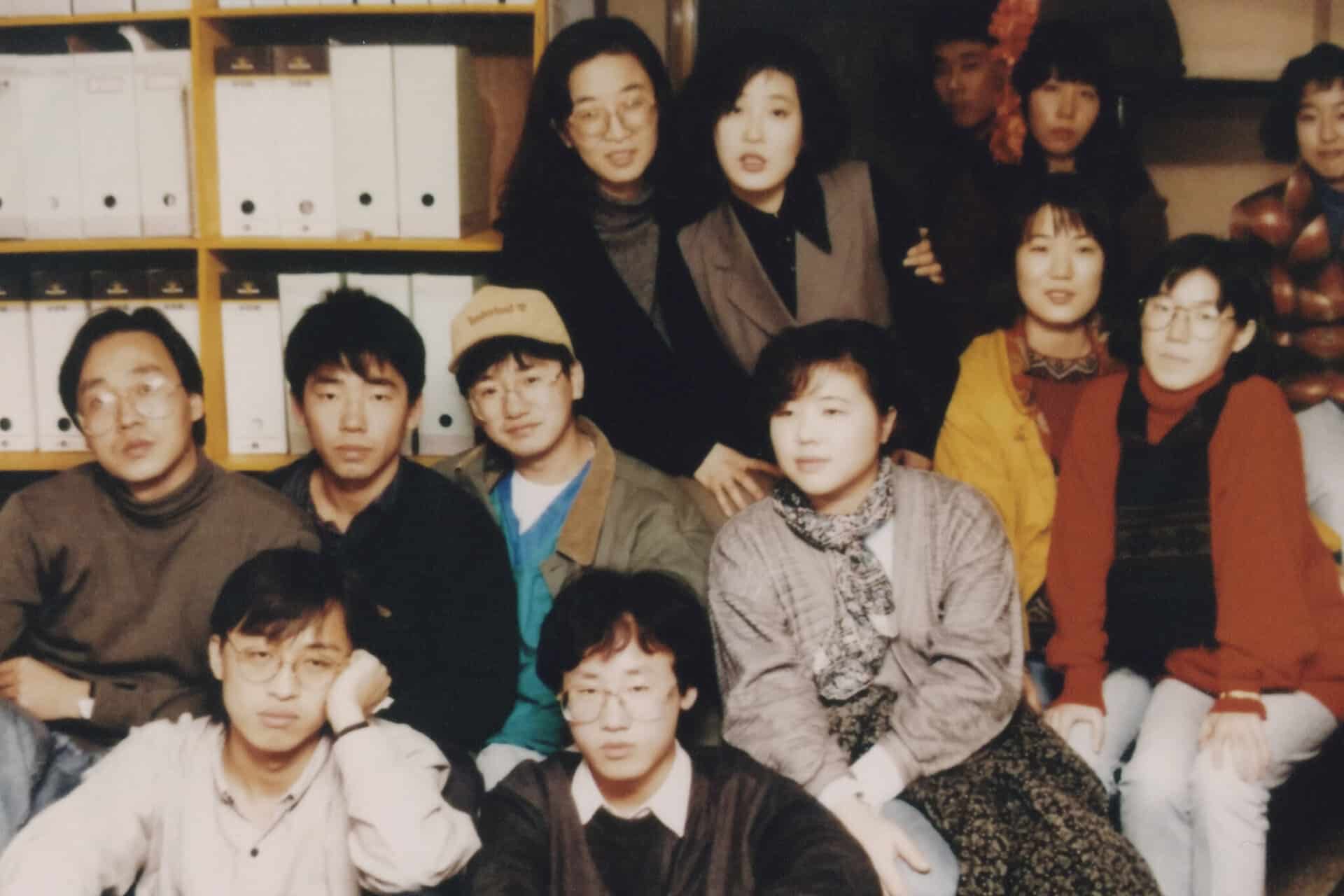As we have mentioned many times before, the documentary format has been improving significantly through the latest years, particularly due to the increased exposure of the category due to both festivals and streaming services. With the main motto here being that ‘reality goes beyond any kind of imagination', the stories presented have been shocking and at the same time, quite entertaining, particularly since a number of Asian countries have started loosening the control over information available and the overall censorship. Even in countries that have not done the same, the result is actually similar, due to the diaspora filmmakers, who, outside the confines of authorities, managed to say all those things they were supposed not to. Lastly, the rise of the mockumentary, which seems to be included in various programs more as documentary rather than fiction, adds even more depth to the category.
Without further ado, here are the best Asian documentaries of 2023, in random order, and, as always, with a focus on diversity in style, directors, and country of origin. Some films may have premiered in 2023, but since they mostly circulated in 2023, we decided to include them.
1. A Table For Two (Park Bo-ram, South Korea)

“A Table For Two” is a noteworthy work that does not just explore eating disorders as mere disorders but also the facets that define their cause and effect. Park Bo-ram explores the female world again with a truthful and powerful story about womanhood – as broken mothers or hurt young girls. In particular, it addresses mother-daughter relationships in a sincere and heartfelt way, not by describing family roles in black and white but as aspects of complex individuals. (Federica Giampaolo)
2. Kim's Video (David Redmon and Ashley Sabin,USA)
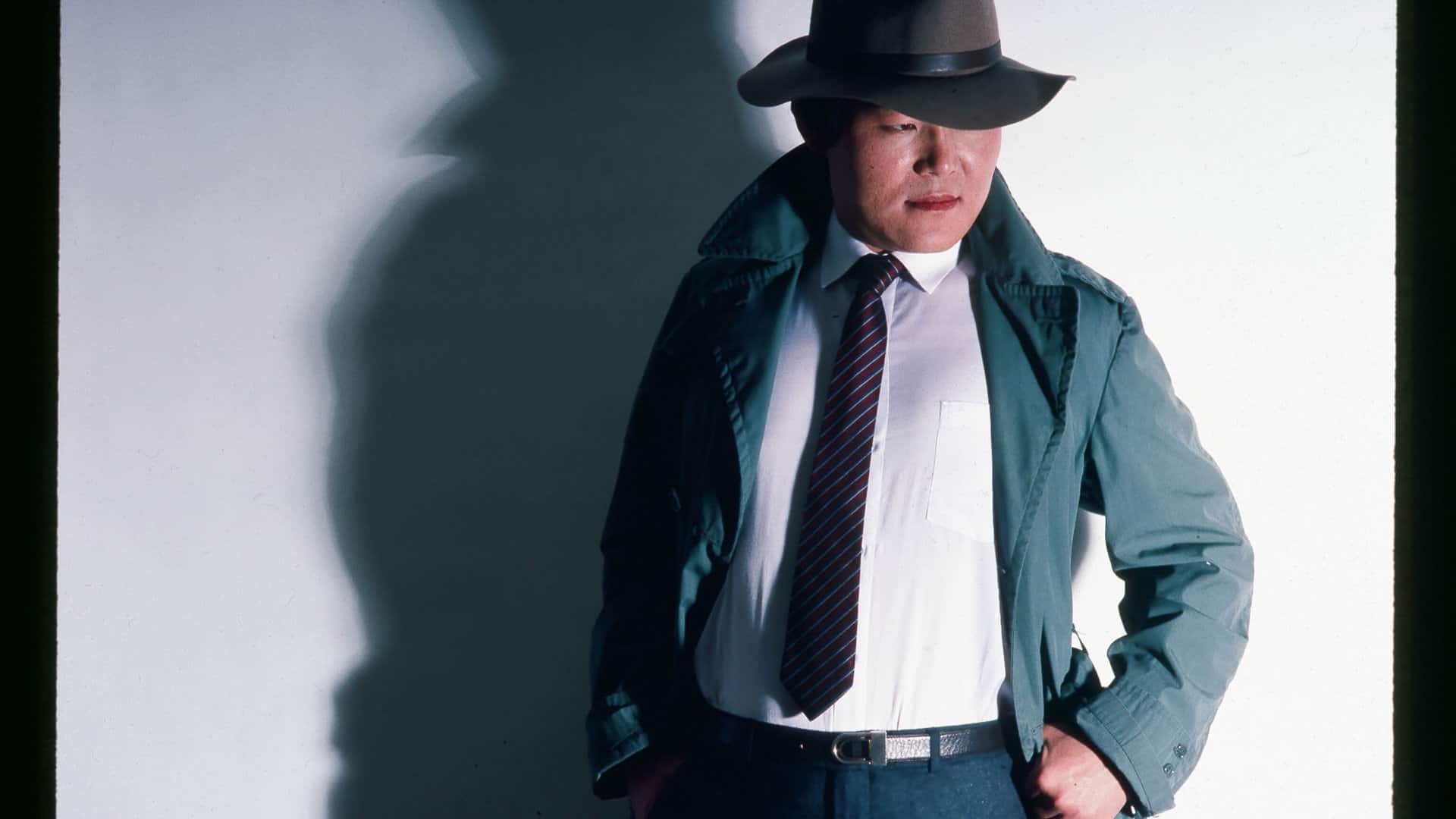
As the credits rolled, “Kim's Video” was met with uproarious applause. When Youngman Kim himself — now bearded — showed up at the Q&A, the room tittered. He spent some time to thank his collaborators and recount his first immigration experience in the US. Then he summarized the film in a word: “Kim's Video was known as a bootleg store — but that's not the point.” Kim's Video was – and always has been – much less about the destination than it has been about the journey. (Grace Han)
3. Elegies (Ann Hui, Hong Kong)
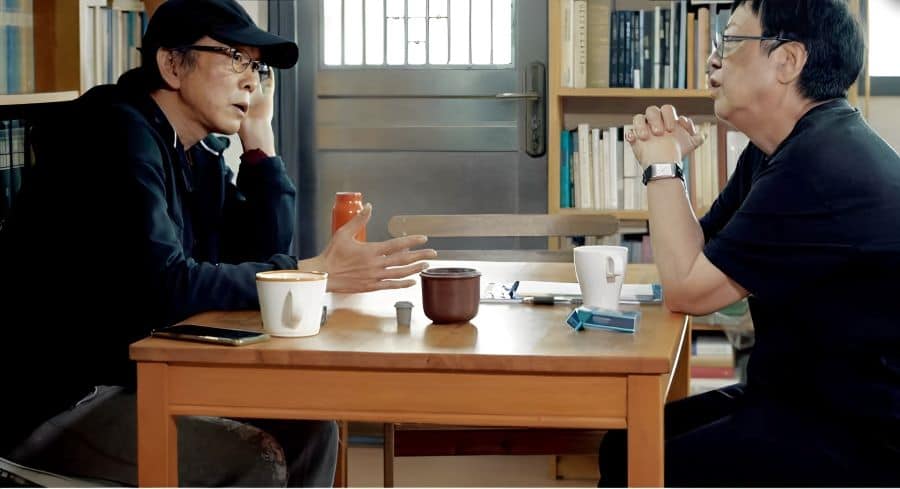
“Elegies” is a documentary about Hong Kong poets, the power of the written word and how the views expressed in a piece of literature can hold a much more interesting and profound truth. For those unfamiliar with Hong Kong literature and eager to learn more about it, Ann Hui's passion project is certainly a very entertaining and approachable foundation into this part of HK culture. (Rouven Linnarz)
4. The J-Horror Virus (Jasper Sharp and Sarah Appleton UK, Japan)
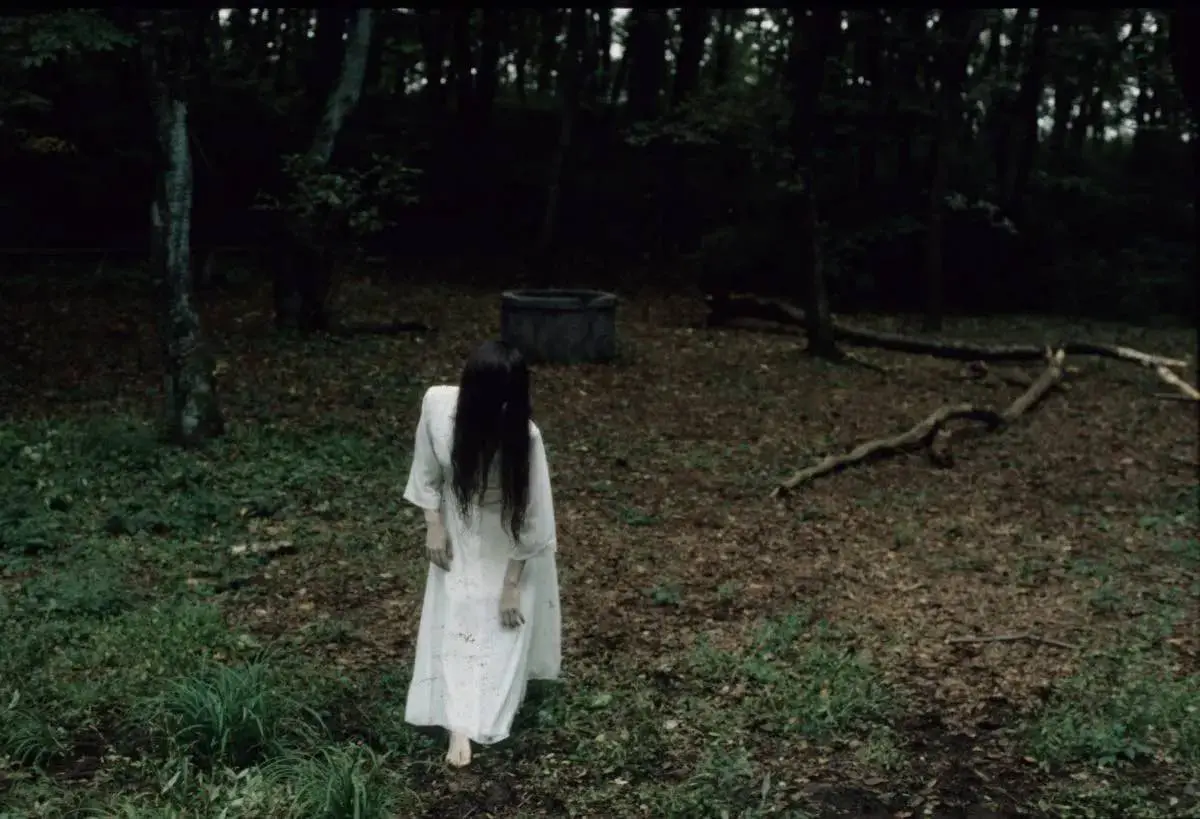
The result, however, is magnificent, since the phenomenon is highlighted and expressed in all its glory, from the people who were actually part of it, while the many different perspectives the plethora of people talking showcase, definitely add to its analysis. For example, the connection with technology and the fear deriving from it is connected with Japanese folklore and the ever-present alienation as the source of the themes of these movies, is depicted quite thoroughly. A very interesting comparison with Hollywood horror movies and the different things that scare Japanese and Westerners is also presented in the film, also as the reason why the movies from the two countries differ so much, even in the US remakes. (Panos Kotzathanasis)
5. Under the Sky of Damascus (Heba Khaled, Talal Derki and Ali Wajeeh, Syria)
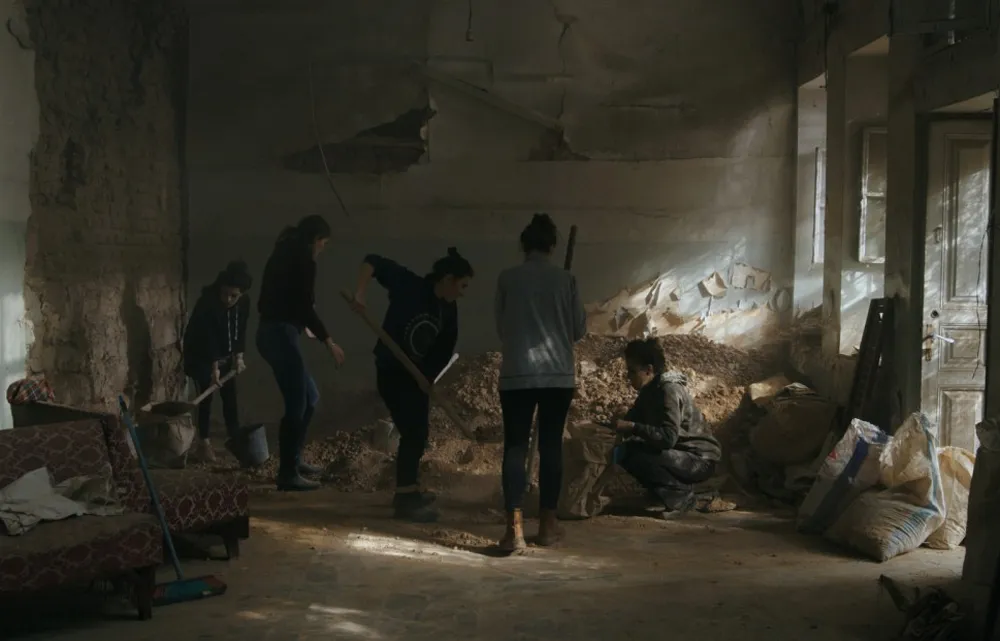
“Under the Sky of Damascus” is a great documentary, a testament to the quality and the impact of the medium, and a movie that truly deserved the International Competition Golden Alexander award it won in Thessaloniki, which also secured its place in the selection shortlist for the Academy Award for Best Documentary Feature Film. (Panos Kotzathanasis)
6. Starring Jerry as Himself (Law Chen, USA, China)
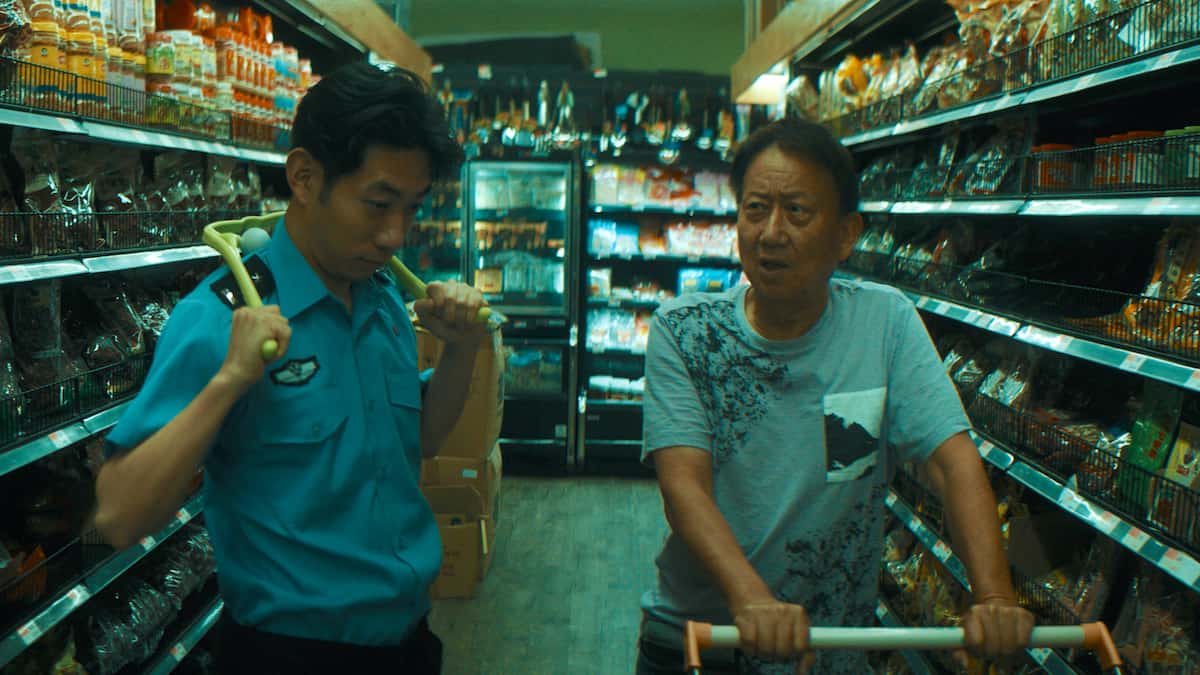
The first element that draws attention is the whole case of how Jerry ends up being an undercover agent, with the flashback approach Chen implements working excellently here while highlighting the outstanding job done in the editing of the movie. Seeing an old man forced to become an undercover agent, secretly taking photographs and recording conversations is a joy in itself, but the fact that you know that the actor is the actual person in the case, makes the whole endeavor even more intriguing. (Panos Kotzathanasis)
7. Sagal: Snake and Scorpion (Lee Dongwoo, Korea)
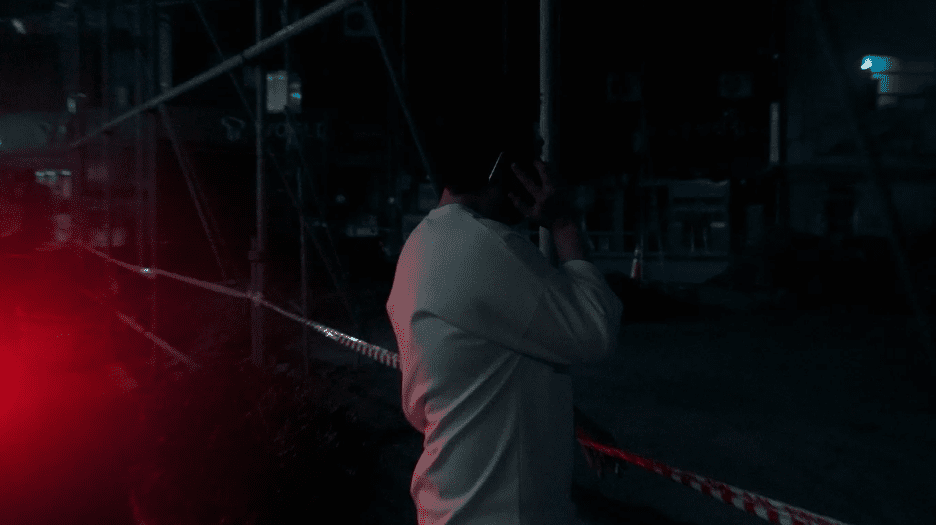
What the film succeeds in doing is portraying the complexities of South Korean loan shark life. Very quickly, viewers get the sense that Geonho is down bad, and his life is only going to get much, much worse. Through his nefarious activities, he also interacts – in-person and over the phone – with multiple other individuals who are in similar positions as himself. The loan shark life goes much deeper than a simple IOU: “Sagal: Snake and Scorpion” shows that debt has many complex levels, and uncovers another section of South Korean society surviving outside the legal economic system. This is all shown through raw footage and close-up shots or Geonho's errands and questionable activities. (Spencer Nafekh-Blanchette)
8. Film Fetish (Yu Kaneko, Japan)
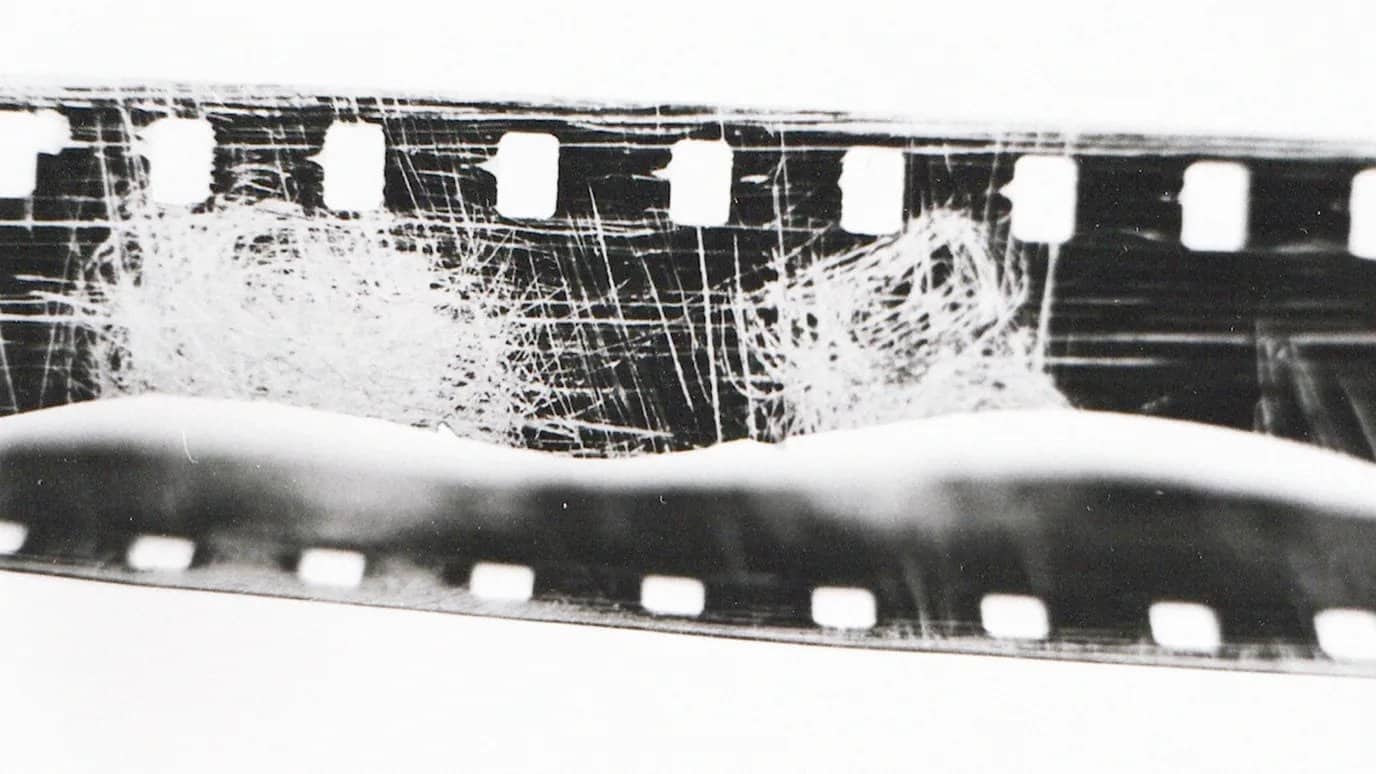
Considering the nature of the subject, the documentary also moves into experimental paths, particularly through the footage of Okuyama's movies and his performances, while Yuki Mochizuki's editing also moves into similar directions, particularly when it focuses on the works and not the man. Furthermore, at 66 minutes, the film definitely does not overextend its welcome, in an approach that definitely helps its viewability. “Film Fetish” is an exceptional documentary that takes the term ‘meta' to another level, and one of those films that definitely deserves a watch both for its subject matter and its overall approach to the medium. (Panos Kotzathanasis)
9. One Hundred Years and Hope (Takashi Nishihara, Japan)
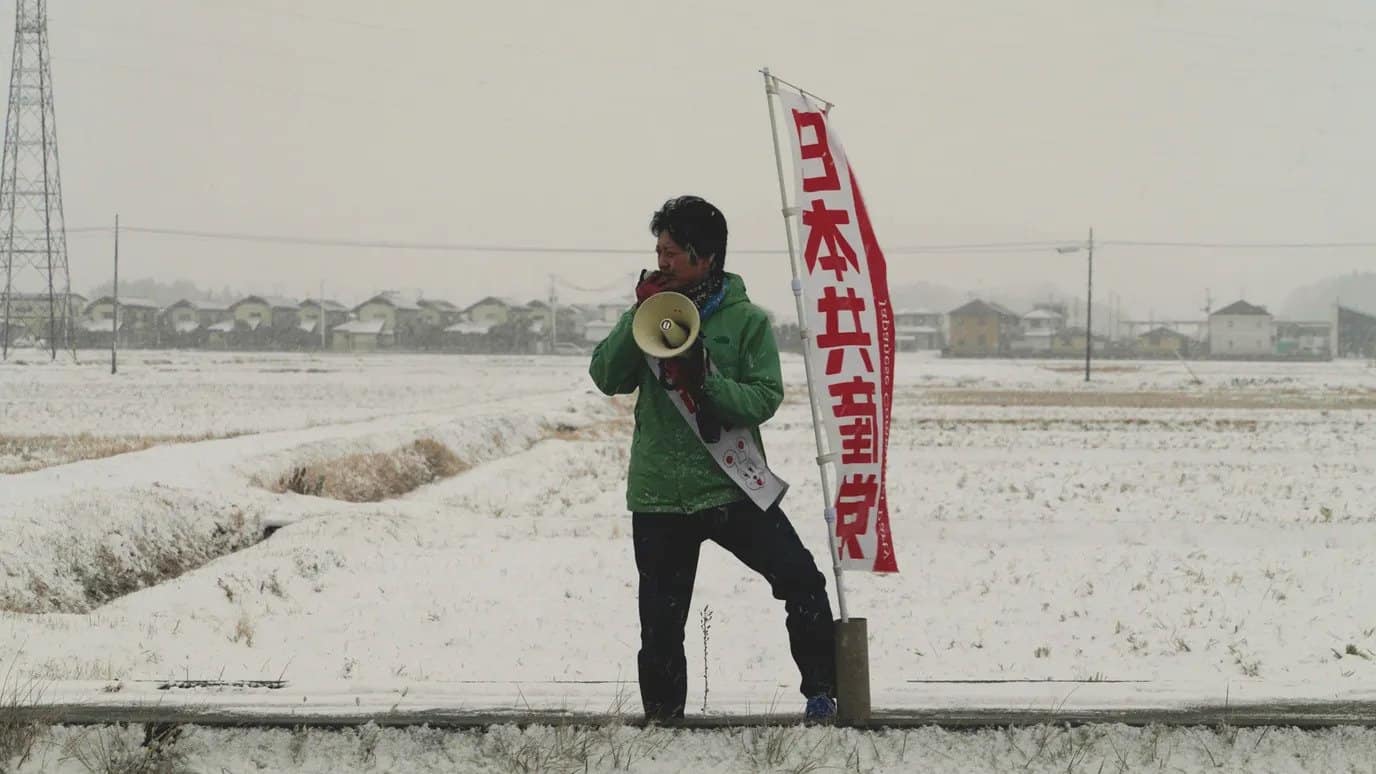
The result is quite thorough, if a bit dry due to the fact that interviews take the bulk of the movie's duration, documentary, which achieves both the aforementioned goal and highlighting a number of the issues Japan faces nowadays. The consequences of the holding of the Olympics during the pandemic, the fact that voters who go to the ballots become less and less, the lack of women in decision-making bodies, the exploitation of young girls who abandon their house and end up in various levels of prostitution, the fact that women still cannot hold to their family name when they marry, are just some of the issues presented here, championed by the members of JCP. (Panos Kotzathanasis)
10. Total Trust (Zhang Jialing, China)
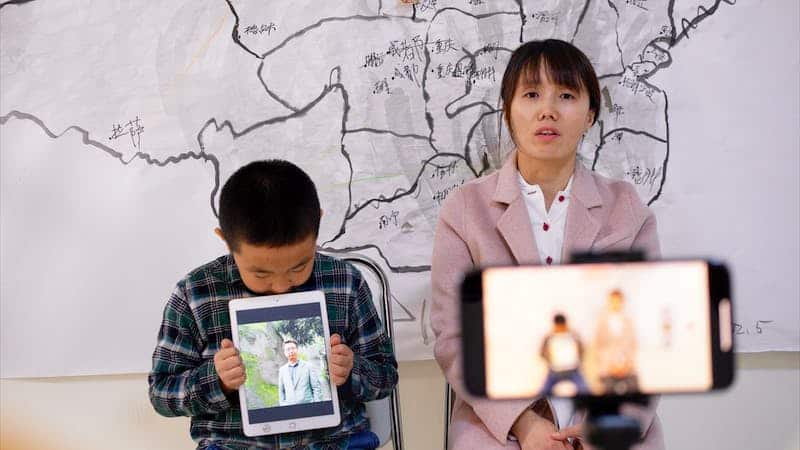
“Total Trust” is a documentary about China's political system utilizing big data and technology to exercise complete control over its citizens. Zhang Jialing emphasizes time and time again this bleak image as well as the stories she follows are the consequences of a repressive system, which allow comparisons to many other countries and cultures from all over the globe. (Rouven Linnarz)
11. Tedious Days and Nights (Guo Zhenming, China)
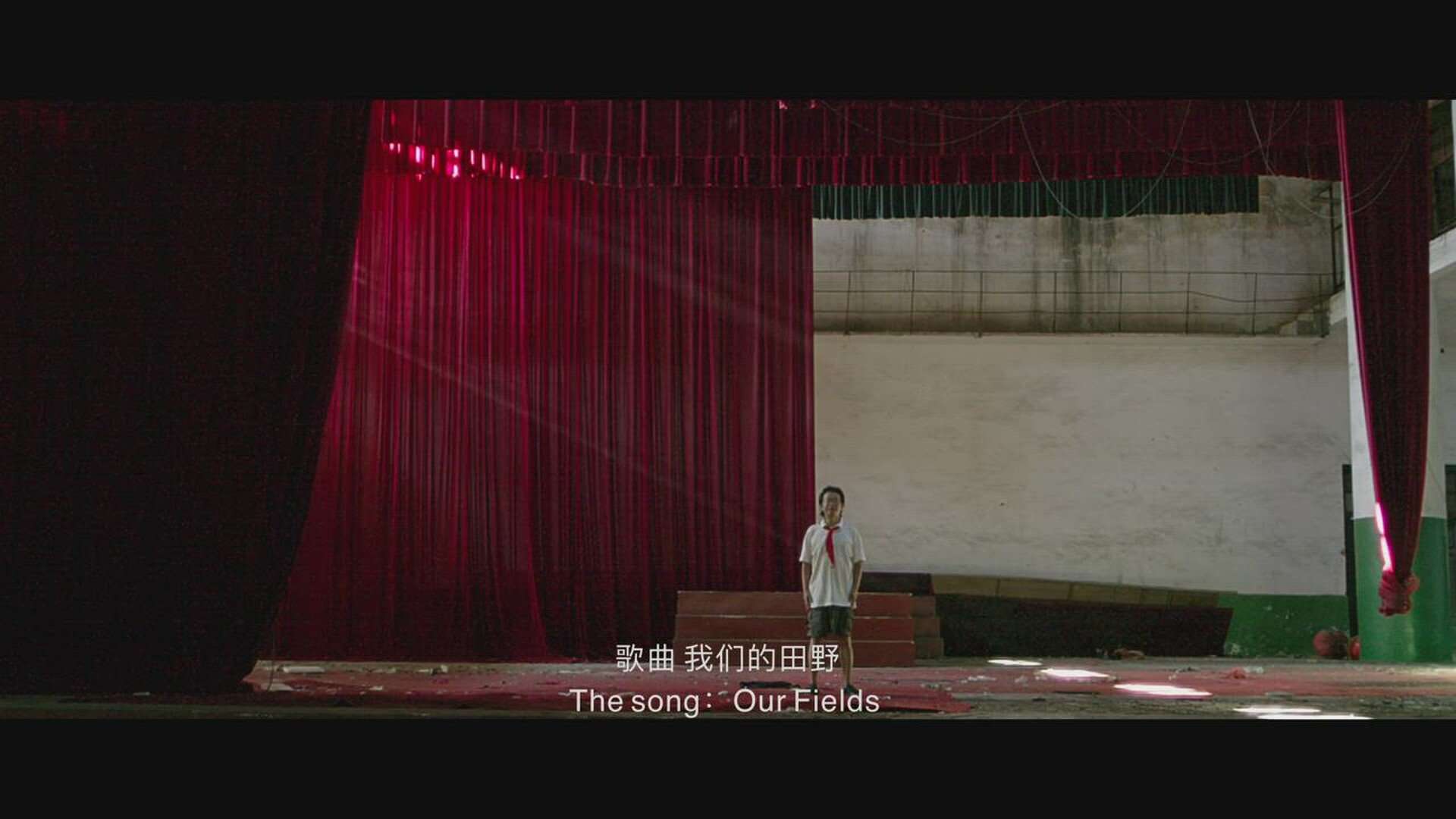
You cannot help but notice a sense of voyeurism in these moments, especially since the camera seems to share some kind of delight in showing you these facets of filth and absurdist debasement. At the same time, there is another layer to the visuals and the cast of misfits, which indeed finds points of beauty, peace and comedy in this decrepit landscape. The poet, much like the camera, seems to be looking for a promised future, an echo from the past voiced by Mao and other party officials, an integral part of the songs Dekuang recites in the empty theatre. Just like the protagonists of Samuel Beckett's famous play, they are waiting for the arrival of something, meanwhile trying to kill time as best as they can and delving more and more into the abyss of absurdity. As the poet's hometown resembles an industrial ruin, there are the reminders of the past, absurd promises of a better future, which never came, but which some people still seem to await. It is an acrid depiction of lost hope as well as a poetic view on the connection of the past and the present, whose moments of beauty derive from the strength of the words and a certain notion of resistance. (Rouven Linnarz)


